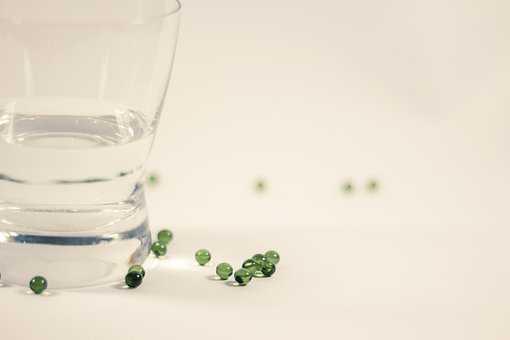How the Placebo Effect Works | HowStuffWorks
Curated from: science.howstuffworks.com
Ideas, facts & insights covering these topics:
5 ideas
·3.99K reads
13
2
Explore the World's Best Ideas
Join today and uncover 100+ curated journeys from 50+ topics. Unlock access to our mobile app with extensive features.
The placebo effect
The placebo effect happens when a person takes medication that he thinks will help, but the medication has not been proven to be effective for the specific condition.
Placebos work in about 30 percent of patients. Some placebos contain no active ingredient. Other placebos do have active ingredients but aren't proven to work on the patient's particular condition. There are even placebos in the form of surgery, injections, and other types of medical therapies.
125
1.47K reads
The subject-expectancy effect
When people know what the result of taking a pill is supposed to be, they might unconsciously change their reaction to cause that result or report that result has taken place even if it hasn't.
However, studies show that a placebo doesn't trick the brain - the brain reacts differently to a drug than a placebo. A 2004 study showed that the expectation of pain relief causes the brain's relief system to activate.
122
851 reads
Placebos in research
Placebos are often used in clinical drug trials to determine how well a potential medicine will work.
- There are two different groups of subjects in a placebo-controlled trial - one receives the experimental drug and the other the placebo. Neither researchers nor subjects know which group is receiving the real drug or the placebo.
- Some researchers are questioning the placebo-controlled trial. Not everyone thinks a drug is ineffective if the placebo performs better.
- Other critics of the placebo-controlled trial state it's wrong to attribute all positive outcomes to the placebo because many illnesses can resolve without any treatment.
- When a patient takes a placebo and experiences adverse side effects, it's called a nocebo effect. Patients taking active drugs have also been known to have side effects that can't be directly attributed to the drug.
112
604 reads
Prescribing placebos
A 2007 study revealed that 45 percent of doctors had prescribed a placebo at some point. Doctors believed that placebos had a therapeutic effect.
The most commonly prescribed placebos are aspirin, vitamins, and antibiotics. Doctors prescribe placebos because they have no other form of relief to offer the patient. Other times, the patient insists on taking some type of medication.
108
542 reads
The placebo prescribing controversy
The American Medical Association created a policy concerning placebos that states that "physicians may use placebos for diagnosis or treatment only if the patient is informed of and agrees to its use."
- Generally, doctors who prescribe placebos say that they have something they believe may help, but they don't know exactly how it will work. They don't believe they are lying to the patient, because the patient could still benefit from the placebo effect.
- Another problem in prescribing placebos is that they have been shown to only work on half the population. The placebo effect is also short-term - it doesn't work for chronic conditions.
- Prescribing drugs such as sedatives and antibiotics as placebos could do more harm than good. Many sedatives are habit-forming, and prescribing antibiotics may contribute to the rise of antibiotic-resistant bacteria.
107
526 reads
IDEAS CURATED BY
Ember P.'s ideas are part of this journey:
Learn more about health with this collection
The history of fashion
The impact of fashion on society
The future of the fashion industry
Related collections
Similar ideas
4 ideas
How Photosynthesis Captures Light and Powers Life on Earth | HowStuffWorks
science.howstuffworks.com
4 ideas
What are emotions, and why do we have them? | HowStuffWorks
science.howstuffworks.com
4 ideas
Can a Vision Board Really Affect Your Future?
science.howstuffworks.com
Read & Learn
20x Faster
without
deepstash
with
deepstash
with
deepstash
Personalized microlearning
—
100+ Learning Journeys
—
Access to 200,000+ ideas
—
Access to the mobile app
—
Unlimited idea saving
—
—
Unlimited history
—
—
Unlimited listening to ideas
—
—
Downloading & offline access
—
—
Supercharge your mind with one idea per day
Enter your email and spend 1 minute every day to learn something new.
I agree to receive email updates

